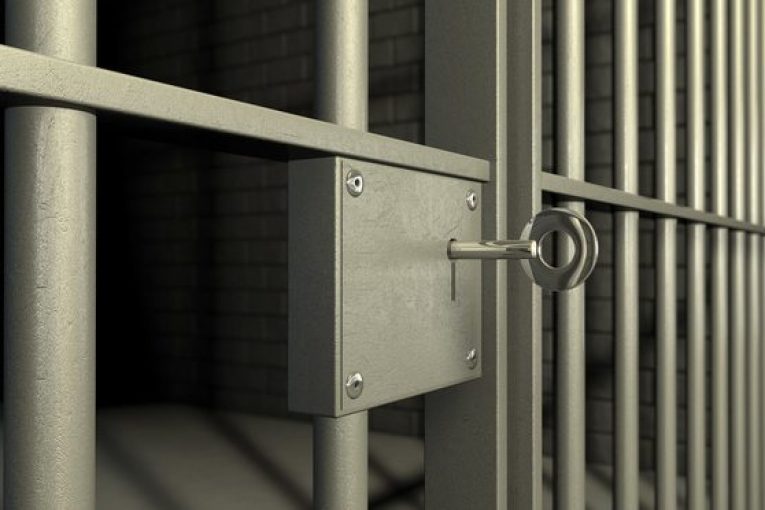

By Murcel Rahimi
Advocate groups such as the American Civil Liberties Union (ACLU) and National Association for the Advancement of Colored People (NAACP) are urging the Federal Communications Commission (FCC) to address the communication issues between incarcerated people and their families.
During the COVID-19 pandemic, incarcerated people and their families are being deprived of communication and family visits across the country in conditions that make them at risk for COVID-19. Over 50 organizations joined to write a letter during this unprecedented crisis on behalf of the country’s most vulnerable people in terms of health and economic stability: incarcerated people and their loved ones.
They urge the FCC to immediately request that predatory prison phone companies offer free phone and video calls—with no fees to incarcerated and detained individuals immediately for the next 60 days, to press the prison phone industry to commit to the Keep Americans Connected Pledge, and to deny Securus’ and all companies’ request to stop paying into the Universal  Service Fund.
Service Fund.
Incarcerated people are not able to socially distance while inside and therefore are most vulnerable to contracting COVID-19. Moreover, in conditions where communications are limited, unjust practices may occur because incarcerated people are unable to communicate about the dangerous crowding or lack of access to medical care. Adequate communications are a matter of civil rights and public health.
Justice-involved families in areas most at risk for the virus with limited access to health care are more disconnected than ever from loved ones. Prison call rates, which could cost over $1 a minute, and exploitative charges for video calls, have forced families to choose between needs like food, power, and regular contact. This problem is further exacerbated as low wage workers are losing their jobs.
They also argue that the FCC should deny Securus Technologies’ self-serving and short-sighted petition to waive its obligation to pay into the Universal Service Fund (USF) at a time of national emergency when low-income people, schools, libraries and rural tele-health providers will need the fund most. Each telecommunications company must bear its fair share in order to meet the needs of all people in the U.S.
The needs of incarcerated people and their families must be prioritized, the statement said. The three actions outlined in the letter will contribute positively toward humane treatment and safety during this crisis.
To sign up for our new newsletter – Everyday Injustice – https://tinyurl.com/yyultcf9
